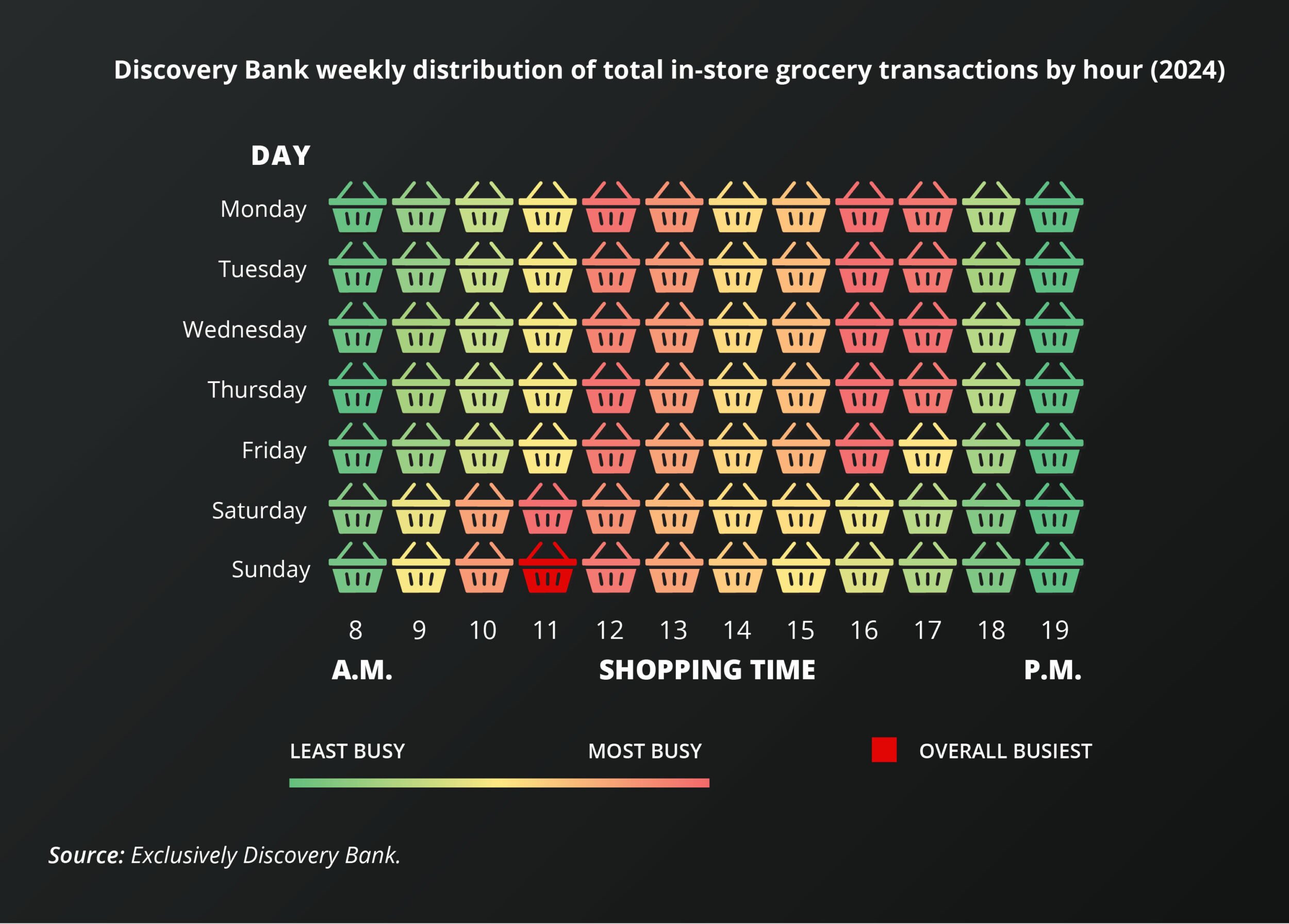Early withdrawals shrink your retirement savings and prevent them from growing, which can leave you financially short in the future.
It’s close to the end of the month. Bills are stacking up, and your bank balance is low. Maybe the car needs urgent repairs, or an unexpected medical bill has thrown off your budget. In these moments, many South Africans have found themselves asking: should they dip into their retirement savings to make ends meet?
Unfortunately, this has become a growing reality for many, according to the SpendTrend25 report, a collaborative study by Visa and Discovery Bank, that takes an in-depth look at South African consumer spending habits.
The two-pot retirement system allowed South Africans to withdraw a portion of their retirement savings, resulting in 1.9 million applications and R35 billion in withdrawals by November.
By January 2025, the South African Revenue Services reported that about two million South Africans withdrew from their savings pots, with a total gross lump sum of R43.42 billion paid out.
While this system was designed to assist people with life’s emergencies and encourage them not to use all the funds on changing jobs, the decision to withdraw even some of it can come at a much higher cost over the long term.
Impact on long-term financial security
The SpendTrend25 report, including data from Discovery Corporate and Employee Benefits retirement fund members, shows the following:
- 24% of retirement savings were withdrawn to cover home or car costs
- 21% of withdrawals were used to pay short-term debt
- 20% went towards school fees, and
- 11% was used for other daily expenses.
This reveals how people are using money intended for long-term savings to cover immediate costs, even as inflation eases. But this shift from saving for retirement to spending money on immediate expenses can result in retirement funds not growing as fast and financial strain during later years when these savings are needed. Withdrawing from long-term savings is not sustainable financial behaviour, which makes education on long-term financial management crucial across all income groups.
The burden of taxes on withdrawals
Despite warnings that accessing funds from the savings pot is costly, many South Africans were shocked to find that taxes were levied on their early withdrawals. Retirement fund contributions are tax-deductible, so any withdrawal, whether at retirement or before retirement from your savings component, is taxed as income. This highlights the need for more awareness regarding the implications.
Missed opportunity for financial growth
By withdrawing from retirement funds prematurely, individuals decrease the overall growth of their retirement savings over time. Contributions to retirement accounts typically benefit from compound interest or from earning interest on interest, which accelerates growth. Early withdrawals shrink your retirement savings and prevent them from growing, which can leave you financially short in the future.
Financial tools and education can help to plan for the future
To combat this issue, Vitality Money, Discovery Bank’s behaviour-change programme that rewards people for managing money well, offers a solution. The platform helps clients track and improve their financial habits, making it easier to build emergency savings, manage short—and long-term debt, and have all the necessary types of cover to help manage all financial commitments.
“Discovery data shows a clear link between financial behaviours and retirement savings preservation. Higher Vitality Moneystatuses generally indicate better financial habits. For example, Discovery Retirement Fund members with a higher Vitality Money status are less likely to withdraw from their retirement savings,” says CEO of Discovery Bank, Hylton Kallner. While higher earners might seem less likely to dip into their retirement savings, the data shows a different trend.
Withdrawal rates were higher among high-income earners with a low Vitality Money status than among lower-income earners with a higher Vitality Money status.This highlights a key insight: Smart financial habits matter more than income when it comes to protecting long-term savings.
Financial tools and education can play a critical role in helping individuals manage their finances to avoid relying on retirement savings for short-term needs.
Content supplied by our select Partners and paid for content ad advertisement.














